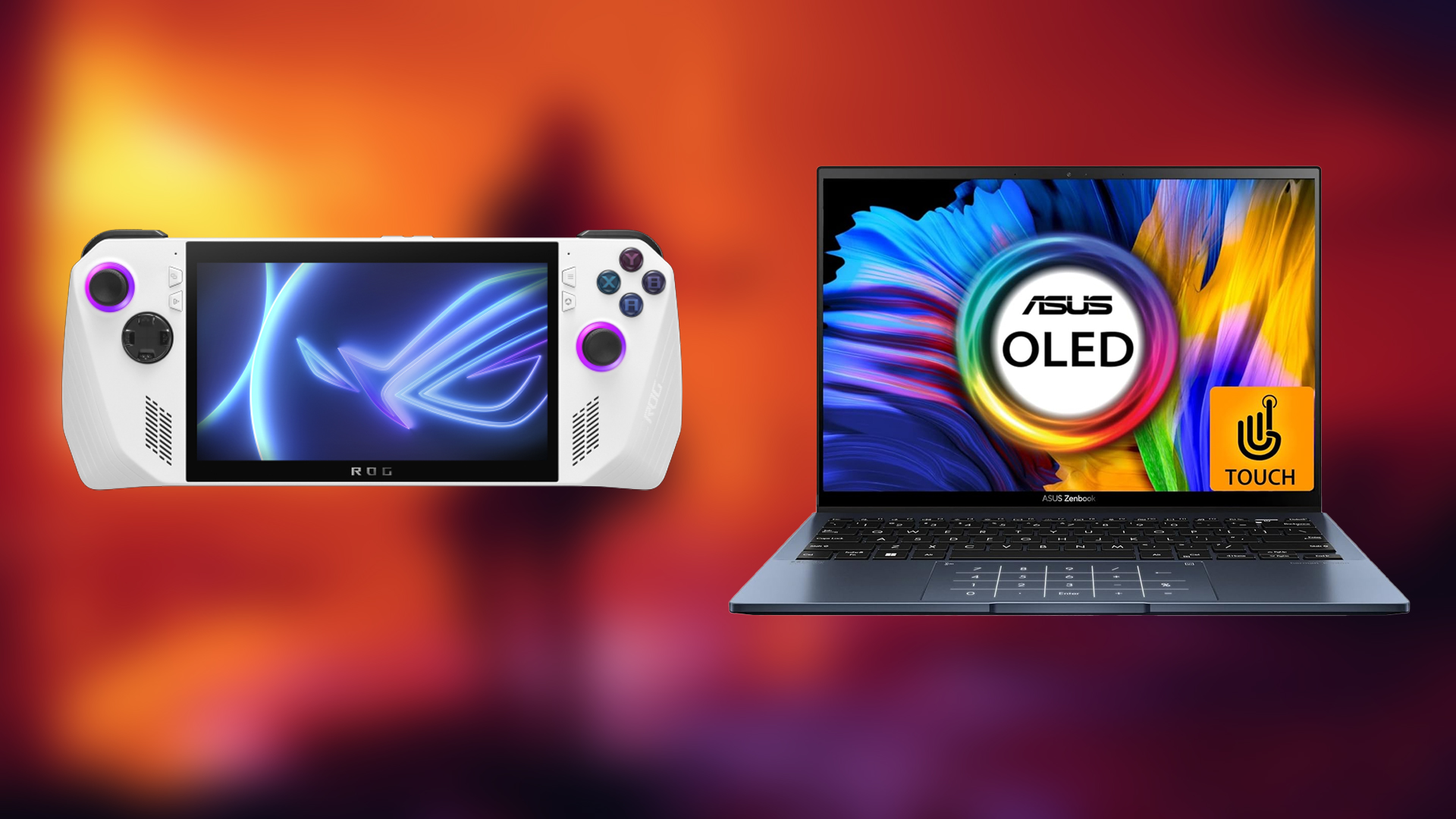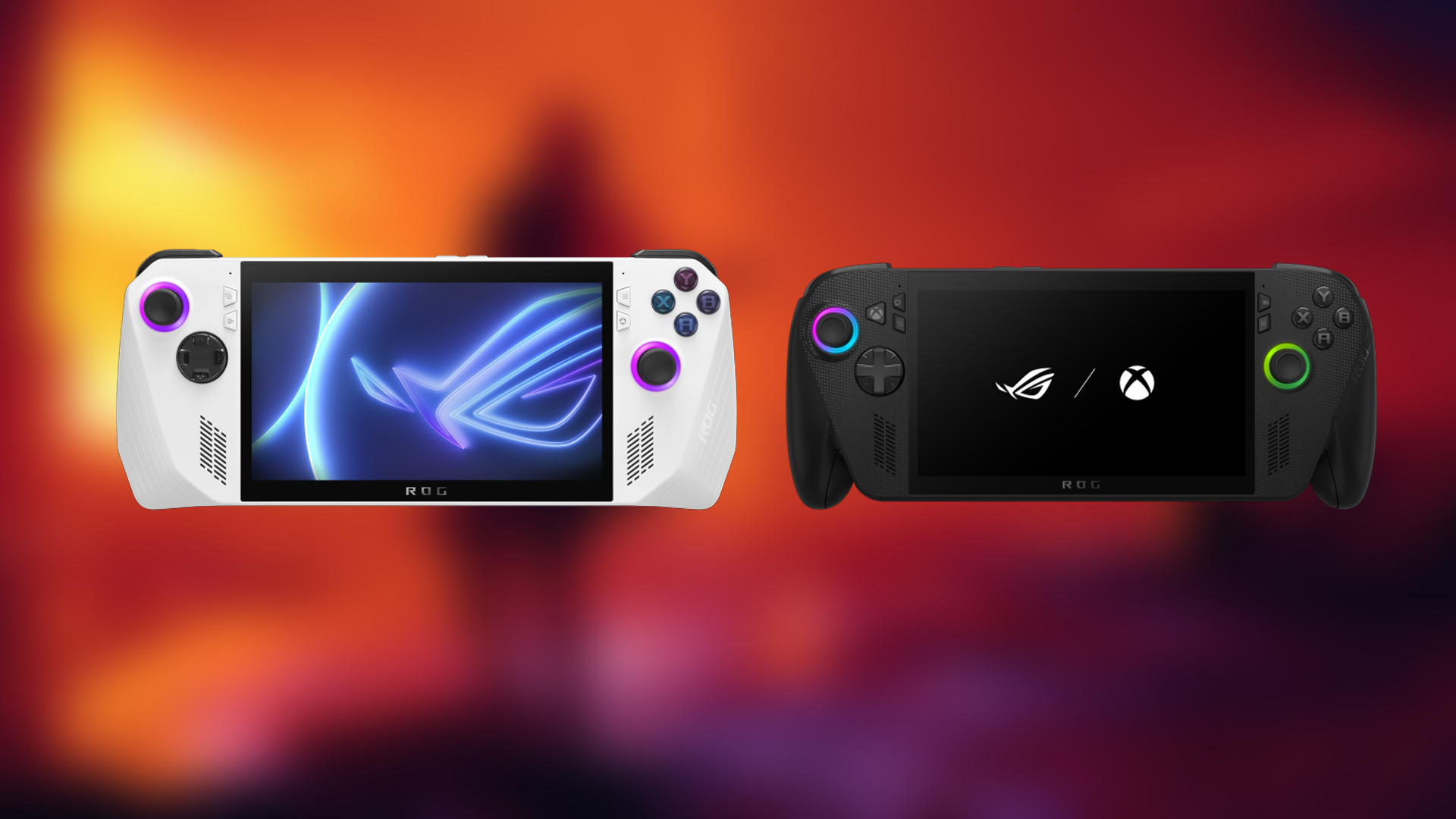This article compares the two mid-range GPUs, RTX 5060 Ti vs the RTX 3060 Ti in terms of specs, price, performance, and more.
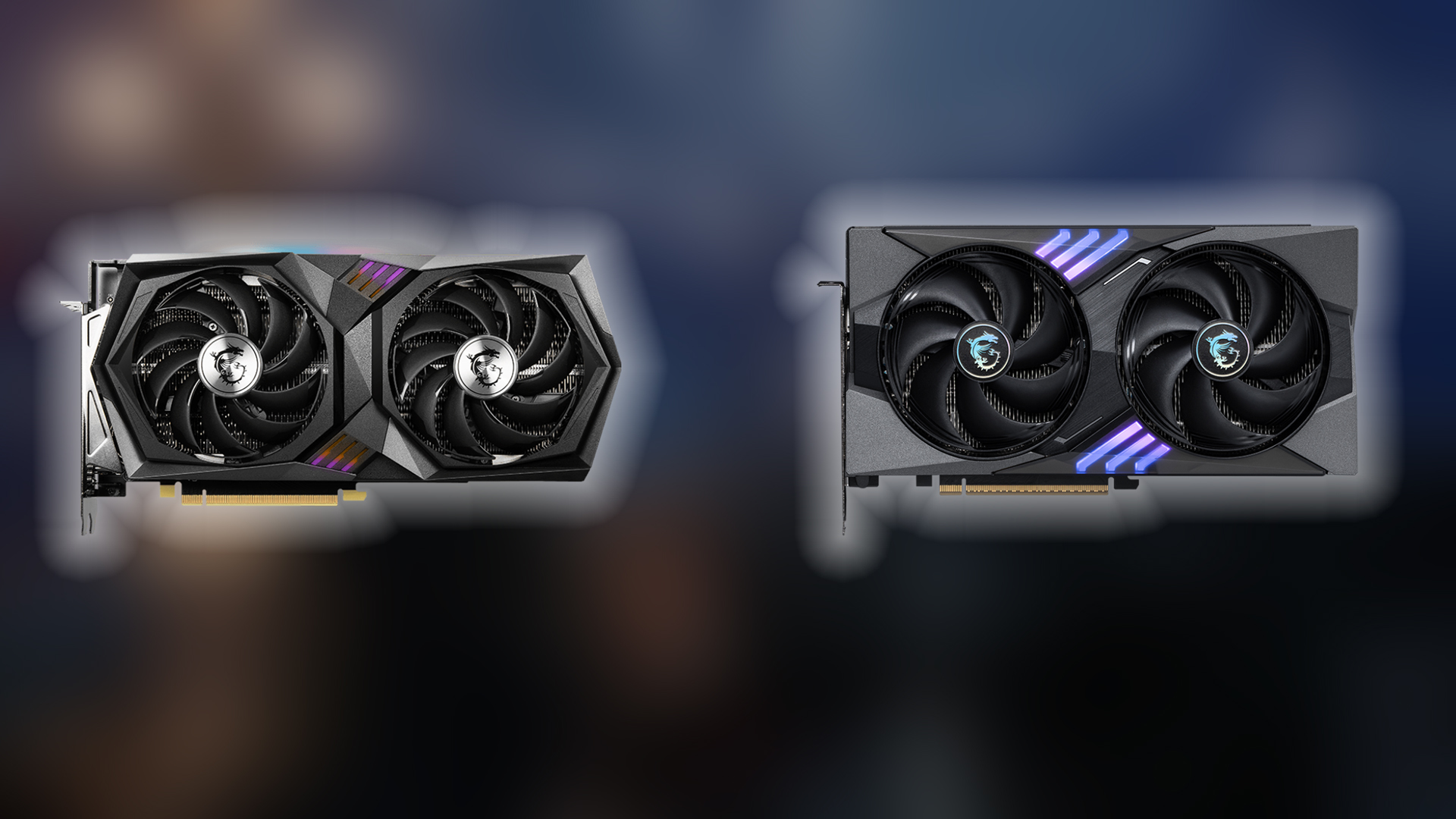
The RTX 5060 Ti is Nvidia’s new next-gen graphics card, whereas the 3060 Ti is the mid-range offering from the Ampere era. Both are 60-class cards, catering to gamers with a limited budget who prefer decent performance in a reasonable price bracket.
Both iterations of the 5060 Ti are based on a newer process node with faster memory but feature a severely cut-down memory bus. The 3060 Ti appears to be technically stronger on paper, but this doesn’t linearly translate into real-world scenarios. This article discusses the key differences between the two and concludes which one is better and why.
Note: This article reflects an in-depth analysis of real-world scenarios and does not source any third-party benchmarks or other data.
NVIDIA GeForce RTX 5060 Ti vs RTX 3060 Ti
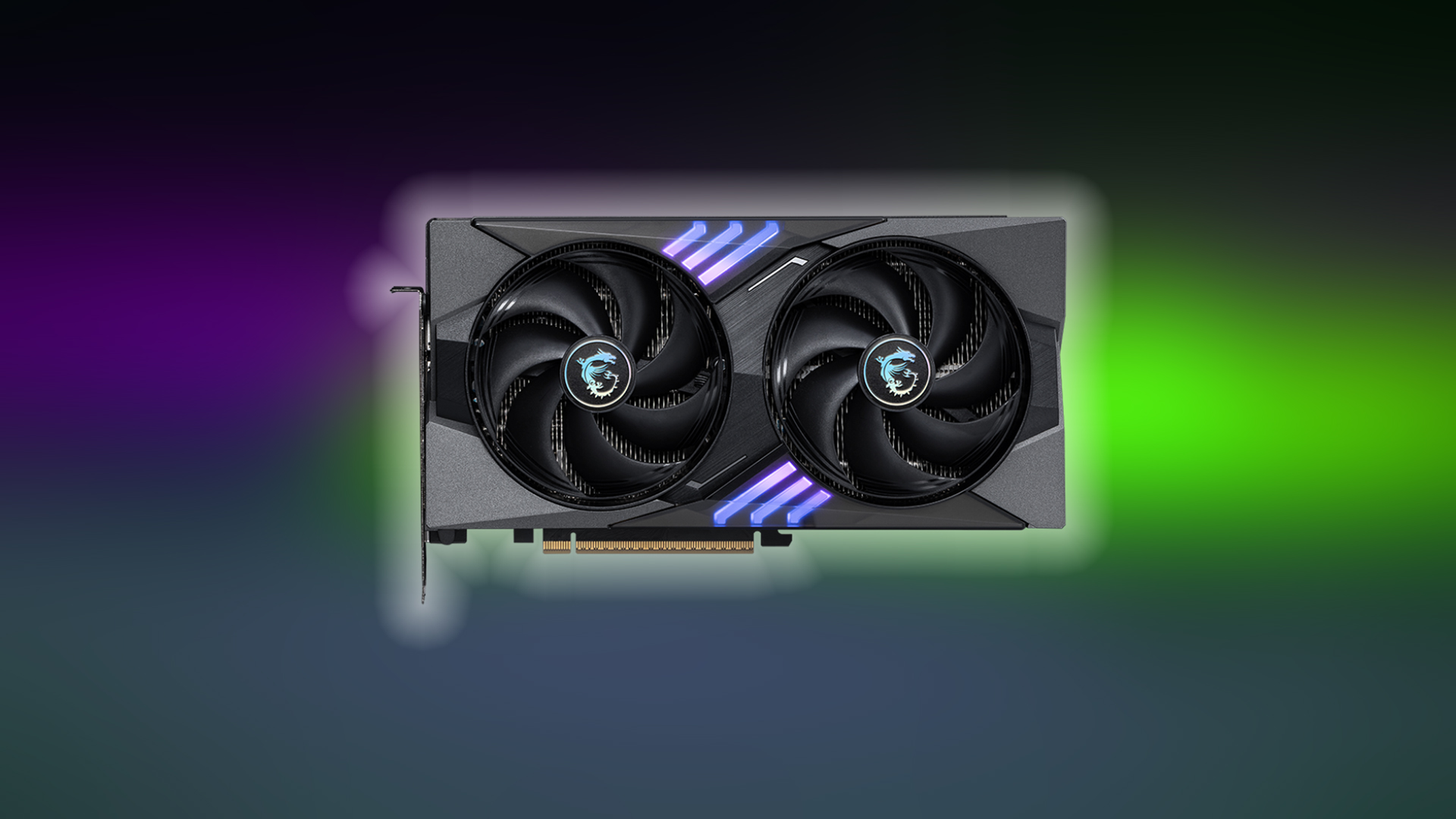
The 3060 Ti was launched in 2020 and remains a standout mid-range gaming GPU. It offers compelling rasterization performance, but the only catch is that it’s 8GB, just like the 8GB version of the 5060 Ti. In the mid-range, there is intense competition among other brands, but even today, the 3060 Ti, especially on the used market, is extremely popular.
Not everyone likes modern-day AAA titles; some prefer emulation, while others enjoy playing classic games or older titles. For that, the 3060 Ti with 8GB VRAM is impressive. Now, you can pick up an 8GB 5060 Ti and get a better experience, but it’s not recommended.
Regarding raster performance, the 5060 Ti scores approximately 15,389 points in 3DMark Time Spy, a popular rasterized benchmark, and around 10,432 points in Port Royal (Ray Tracing). On the other hand, the RTX 3060 Ti scores approximately 13,321 points in Time Spy and around 7,383 points in Port Royal. This highlights the generational gap; however, the VRAM limitations, both in terms of bandwidth and capacity, severely hinder the 5060 Ti.
In a real-world workload, such as playing games, VRAM bandwidth is a crucial factor, especially beyond 1080p. Despite having a much faster core, the 5060 Ti falls apart due to its limitations.
Official Specifications and Theoretical Performance
| Category / Specification | RTX 5060 Ti | RTX 3060 Ti |
| GPU Architecture | Blackwell | Ampere |
| GPU Name / Variant | GB206 | GA104 |
| Process / Foundry | 4nm (TSMC 4N) | 8nm / Samsung |
| Transistor Count | 21.9 billion | 17.4 billion |
| Die Size | 180 mm² | 392 mm² |
| Launch Date | April 2025 | December 2020 |
| Launch Price (USD) | $379 (8GB) / $429 (16GB) | $399 |
| Bus Interface | PCIe 5.0 x8 | PCIe 4.0 x16 |
| Base / Boost Clock | 2407 MHz / 2572 MHz | 1410 MHz / 1665 MHz (Founders Edition) |
| Memory Size | 8GB / 16GB | 8GB |
| Memory Type | GDDR7 | GDDR6 |
| Memory Bus Width | 128-bit | 256-bit |
| Memory Speed (Effective) | 28 Gbps | 14 Gbps |
| Memory Bandwidth | 448 GB/s | 448 GB/s |
| CUDA / Shading Units | 4,608 | 4,864 |
| TMUs / ROPs | 144 / 48 | 152 / 80 |
| SM Count | 36 | 38 |
| Tensor Cores / RT Cores | 144 / 36 (5th/4th Gen) | 152 / 38 (3rd/2nd Gen) |
| L1 Cache (per SM) | 128 KB | 128 KB |
| L2 Cache | 32 MB | 4 MB |
| TDP | 180W | 200W |
| Suggested PSU | 550W | 600W |
| Outputs | 3x DisplayPort 2.1, 1x HDMI 2.1b | 3x DisplayPort 1.4a, 1x HDMI 2.1 |
| DirectX / OpenGL / Vulkan | 12 Ultimate / 4.6 / 1.3 | 12 Ultimate / 4.6 / 1.3 |
| Shader Model | 6.8 | 6.8 |
Theoretical Performance (Specification-Based)
| Theoretical Metric | RTX 5060 Ti | RTX 3060 Ti |
| FP32 Compute | 23.7 TFLOPS | 16 TFLOPS |
| FP16 Compute | 23.7 TFLOPS | 16 TFLOPS |
| FP64 Compute | 0.37 TFLOPS | 0.25 TFLOPS |
| Pixel Rate | 123.5 GPixel/s | 133.2 GPixel/s |
| Texture Rate | 370.4 GTexel/s | 332.9 GTexel/s |
Pros and Cons of RTX 5060 Ti and 3060 Ti
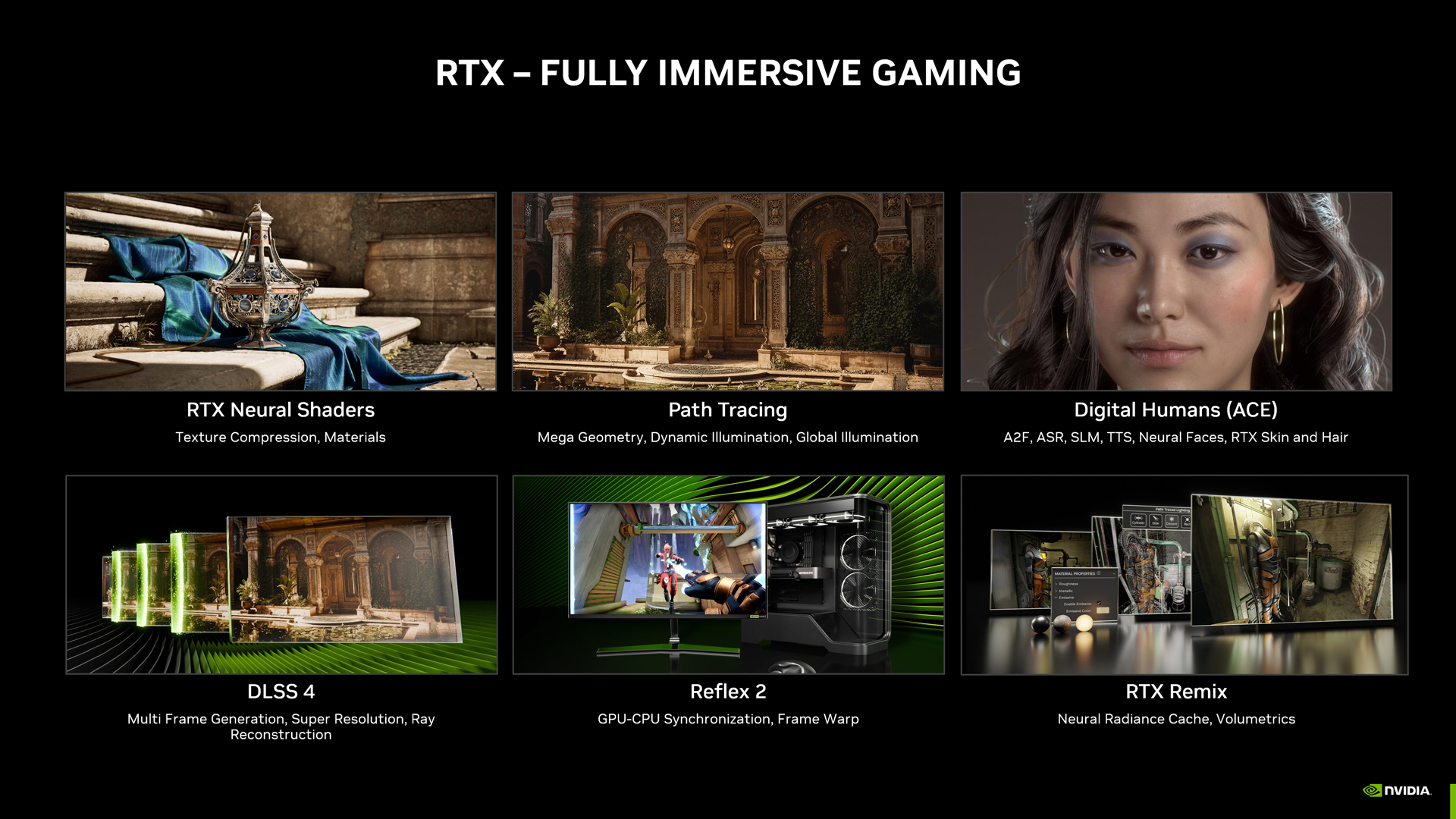
|
Card |
Pros |
Cons |
|
5060 Ti |
|
|
|
3060 Ti |
|
|
The RTX 5060 Ti is the clear winner for new builds. With 16GB VRAM, DLSS 4, and future-proof features, it is around 40% faster, more efficient, and quieter. The 3060 Ti shows its age—8GB of VRAM is a dealbreaker for modern AAA games. If you can find a 3060 Ti at a dirt-cheap price and only play older games or esports titles such as CS2, Dota 2, and Valorant, it may still be a viable option. Otherwise, the 5060 Ti (16GB) should be considered.
Looking For More Related to Tech?
We provide the latest news and “How To’s” for Tech content. Meanwhile, you can check out the following articles related to PC GPUs, CPU and GPU comparisons, mobile phones, and more:
- 5 Best Air Coolers for CPUs in 2025
- ASUS TUF Gaming F16 Release Date, Specifications, Price, and More
- iPhone 16e vs iPhone SE (3rd Gen): Which One To Buy in 2025?
- Powerbeats Pro 2 vs AirPods Pro 2: Which One To Get in 2025
- RTX 5070 Ti vs. RTX 4070 Super: Specs, Price and More Compared
- Windows 11: How To Disable Lock Screen Widgets
 Reddit
Reddit
 Email
Email

